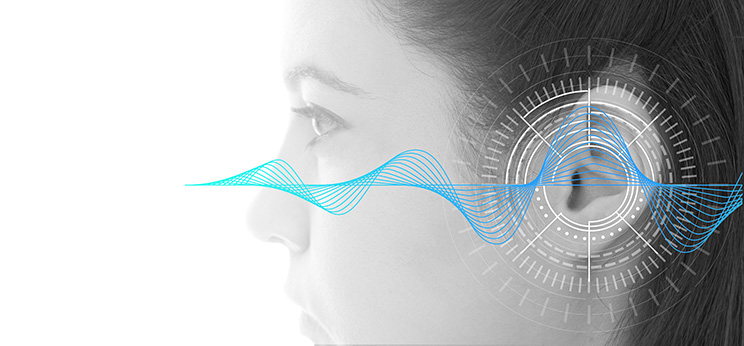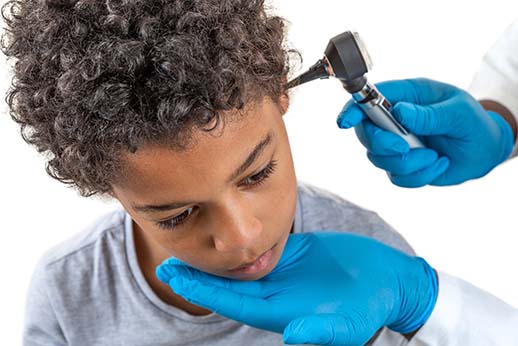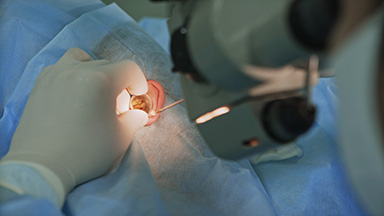Signs and Symptoms of Central Vestibular Disorders
Signs and Symptoms of Central Vestibular Disorders
The link between your ear and brain is called the vestibular system. It’s responsible for maintaining the balance of our bodies.
However, many diseases can infect this system and can cause dizziness or vertigo.
Let’s find out more.
Benign Paroxysmal Positional Vertigo
Benign paroxysmal positional vertigo (BPPV) is a type of vertigo or dizziness caused by an issue in the inner ear. This happens when small calcium crystals turns loose and float into one of the canals in the inner ear. The inner ear is responsible for balance and movement detection. When the calcium crystals move, they cause the canal to become sensitive to gravity and movement. This can cause a spinning sensation (vertigo) and nausea.
BPPV is the most common cause of vertigo. It is most common in people over the age of 50, but it can occur at any age. Women are more likely to develop BPPV than men.
BPPV is not a serious condition, but it can be very uncomfortable. Symptoms can last for a few seconds to minutes and may occur several times a day. In some cases, BPPV can last for weeks or months.
Labyrinthitis
Labyrinthitis is characterized by an inflammation of the inner ear, which is also known as the labyrinth. The inner ear is responsible for a person’s sense of balance. The inflammation of the inner ear causes a person to feel dizzy, nauseous, and unsteady.
Labyrinthitis is caused by an infection. The most common type of infection that causes labyrinthitis is a viral infection, such as the common cold or the flu. Other infections that can cause labyrinthitis include bacterial infections, such as meningitis.
The treatment for labyrinthitis depends on the underlying cause of the condition. If labyrinthitis is caused by a viral infection, it will usually resolve on its own within a few weeks. If labyrinthitis is caused by a bacterial infection, it will require antibiotic treatment.
Vestibular Neuritis
Vestibular neuritis is a disorder of the vestibular nerve – the nerve that sends information about the head movement to the brain and controls balance.
The disorder results in severe dizziness, a spinning sensation (vertigo), and nausea and vomiting.
Vestibular neuritis is usually caused by a virus. It typically comes on suddenly, lasts just a few days, and goes away on its own.
Some people have recurring bouts. The disorder can sometimes damage the nerve, resulting in long-term balance problems.
Vestibular neuritis is usually a self-limiting condition, meaning it will resolve independently without treatment. However, the condition can be very debilitating in the meantime and can even lead to falls and injuries. Treatment for vestibular neuritis typically involves a combination of vestibular rehabilitation and medications to help relieve the symptoms.
Meniere’s Disease
It’s a condition of the inner ear that can give birth to tinnitus, hearing loss, vertigo, and a feeling of fullness in the ear. The exact cause of it still hasn’t been confirmed, but it’s thought to be due to an issue with the fluid in the inner ear. There’s no permanent cure for it, but treatments can help reduce the symptoms.
Perilymphatic Fistula
A perilymphatic fistula is an abnormal opening between the middle and inner ear. This can cause hearing loss and other problems.
The most common symptoms of a perilymphatic fistula are hearing loss and dizziness. Other symptoms may include tinnitus (ringing in the ears), a feeling of fullness in the ear, and nausea.
Perilymphatic fistulas are often caused by trauma to the head, such as a car accident or a fall. They can also be caused by surgery, infection, or a tumor.
Treatment for a perilymphatic fistula may include surgery to close the opening or medications to control the symptoms.
Acoustic Neuroma
AKA vestibular schwannoma, this is a generally benign tumor that grows on the main (vestibular) branch of the eighth cranial nerve. It’s responsible for transmitting balance and hearing information from the inner ear to the brain. Acoustic neuromas typically grow very slowly and may not cause any symptoms for many years. However, as the tumor grows, it can begin to press on nearby structures and cause problems with balance, hearing, and facial nerve function.
Although acoustic neuromas are not cancerous, they can be very serious if left untreated.
Ototoxicity
Ototoxicity is a condition in which the ear is damaged by exposure to loud noise or certain drugs. The damage can lead to hearing loss, tinnitus, and balance problems.
Ototoxicity can be caused by a number of different things, including exposure to loud noise, certain kinds of earwax, and certain drugs. Some of the most common ototoxic drugs include certain antibiotics, cancer medications, and diuretics.
Ototoxicity is a serious problem, and it is important to be aware of the signs and symptoms so that you can seek treatment as soon as possible. If you think you may be experiencing ototoxicity, contact your doctor immediately.
Enlarged vestibular aqueducts
Enlarged vestibular aqueducts are a type of malformation of the inner ear. They are characterized by an abnormally large opening in the bony canal that houses the vestibular nerve. This condition can lead to hearing loss and balance problems.
Enlarged vestibular aqueducts are thought to be caused by a combination of genetic and environmental factors. Treatment is typically focused on managing the symptoms.
In some cases, hearing loss caused by an enlarged vestibular aqueduct can be corrected with a cochlear implant.
Vestibular Migraine
Vestibular migraine is a condition that is similar to migraines. Both conditions cause headaches and dizziness, but vestibular migraine can also cause nausea, vomiting, and sensitivity to light and sound. Vestibular migraines are often triggered by stress, bright lights, or loud noises.
Treatment for vestibular migraines is similar to treatment for migraines and includes over-the-counter pain relievers and anti-nausea medications.
To Wrap It Up
So, these were some of the diseases of the central vestibular system. Most of them are curable, or the symptoms can be managed. However, it’s important to know when to visit a doctor rather than to suffer in silence.
Glue ear, after draining the ear drum
Glue ear, intact ear drum
- About the Author
- Latest Posts
Dr Ronald Chin is an Australian trained Otolaryngologist Head and Neck Surgeon.
After graduating as a Fellow of the Royal Australasian College of Surgeons, Dr Chin undertook further specialised training in Head and Neck Cancer at the Royal College of Surgeons in Ireland.
He has published many research papers and is an active teacher and scholar.
As part of his subspecialty training, Dr Chin has training in Laser, Da Vinci Robotic, Flex Robotic and complex surgical techniques.
In addition to specialised Head and Neck Cancer, Dr Chin also enjoys general adult and paediatric ENT Surgery and practices sinus, snoring/sleep and general paediatric ENT Surgical procedures.
Dr Ronald Chin works as a general Otolaryngologist, offering a wide range of surgical and non-surgical treatments including ear surgery, nose surgery and throat surgery. He provides treatment for chronic conditions such as tonsillitis, sinus problems and problems with hearing.
He is also involved in the diagnosis and treatment of many conditions such as facial paralysis, head and neck cancer and sleep apnea. As well as performing surgery on children, he also provides specialist care for adults, including the treatment of throat disorders, voice loss and ear problems.
Dr Chin has also served as a Conjoint Associate Professor at the University of Sydney, a Conjoint Associate Professor at Western Sydney University and an Adjunct Associate Professor at the University of Technology Sydney.








